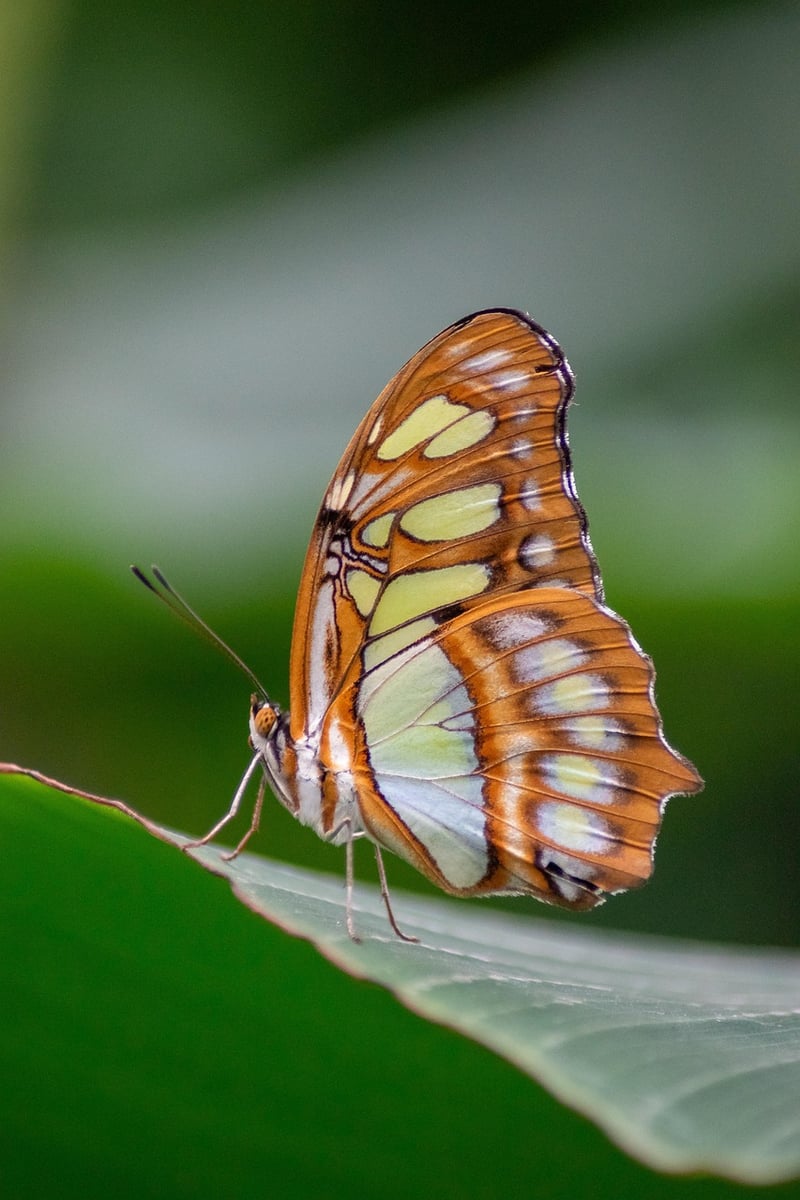Butterfly Effect
The Conundrums of Time Travel and the Butterfly Effect
Time travel has been a popular concept in science fiction for decades, captivating audiences with its possibilities and paradoxes. One of the most intriguing aspects of time travel is the idea of the butterfly effect, a theory that small actions can have significant and far-reaching consequences in the timeline.
What is the Butterfly Effect?
The butterfly effect is a concept that suggests that a small change in one state of a system can result in large differences in a later state. The name comes from the idea that the flap of a butterfly's wings in Brazil could set off a tornado in Texas. This theory highlights the interconnectedness of events and the potential for even minor actions to have profound effects on the future.
Paradoxes of Time Travel
When considering time travel and the butterfly effect, several paradoxes come to mind:
- The Grandfather Paradox: If you were to go back in time and prevent your grandparents from meeting, thus preventing your own birth, how could you have traveled back in time in the first place?
- The Bootstrap Paradox: What if you were to go back in time and give Beethoven a copy of his own symphonies before he composed them? Who originally composed the symphonies?
- The Predestination Paradox: If time travel is possible, could you inadvertently cause the events you traveled back to prevent?
Implications and Dilemmas
Exploring the implications of time travel and the butterfly effect raises ethical, philosophical, and scientific dilemmas. The ability to alter the past could have catastrophic consequences, leading to a multitude of possible timelines and realities.
Conclusion
While time travel and the butterfly effect make for fascinating storytelling in science fiction, the real-world implications and paradoxes are mind-boggling. As we continue to ponder the mysteries of time and causality, one thing remains certain – the conundrums of time travel will continue to intrigue and challenge us for years to come.

Image Source: Pixabay
